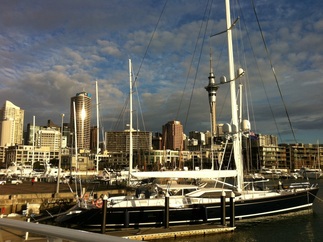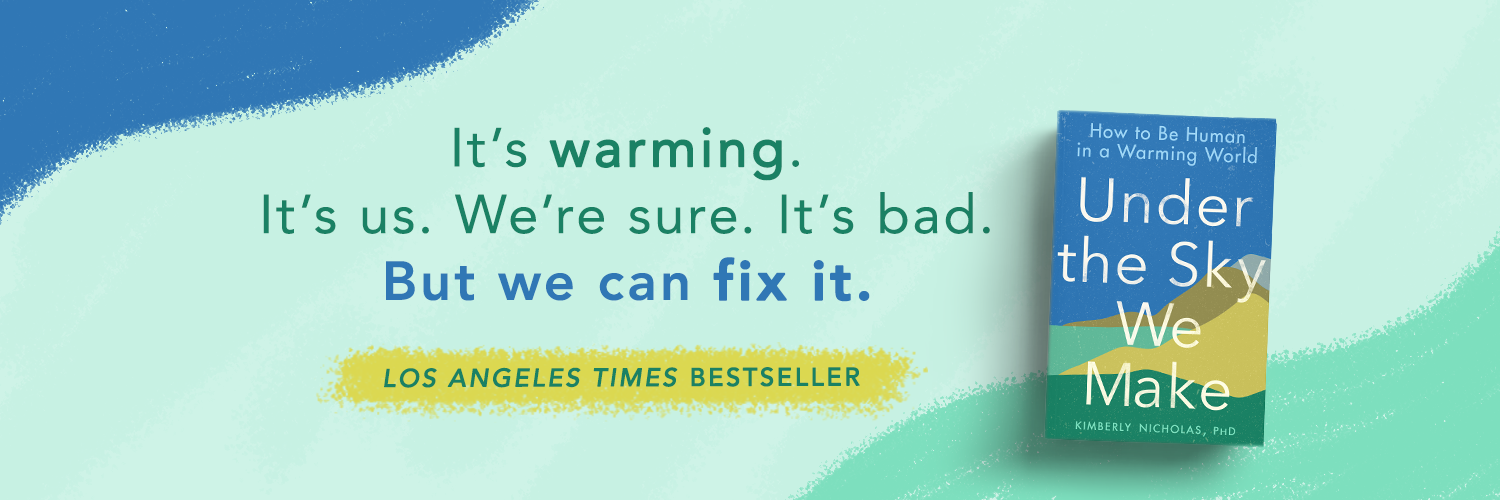The Full Scoop (aka, TL;DNR):
I'm incredibly lucky to have the opportunity to participate in a series of meetings right now in Auckland, New Zealand. First up was the Science & Diplomacy Symposium on August 27th, and the Global Science Advice to Governments meeting August 28-29. These two meetings together explore the role of science in shaping public policy, and responding to needs in the public arena, from practical observations on how scientists can better contribute to making the world a better place, to the role of scientists from situations of crisis to conflicting ideology. I'll be live-Tweeting updates from the conference under the hashtag #SciAdvice14. I'm in Auckland at the invitation of the International Council for Science (ICSU) thanks to the generous support of the German Research Foundation (DFG) to chair a panel on issues for early-career scientists at their General Assembly meeting, which is held once every three years (this year runs from Sunday night, August 31, through Wednesday, September 3). ICSU is a non-governmental organization with the mission to "strengthen international science for the benefit of society" through promoting international research collaboration, science for policy, and making science more open, equitable, and ethical throughout the world. Its members consist of over 120 national scientific academies of distinguished scholars elected to provide scientific advice and service to their countries (including the National Academy of Sciences in the US, and the Royal Swedish Academy of Sciences, who award most of the Nobel Prizes). Other members include international scientific unions, which focus on promoting scientific subject areas (like the International Union of Biological Sciences). The 2014 ICSU General Assembly will include discussion of the Rio+20 Sustainable Development Goals, intergovernmental assessments like the Intergovernmental Panel on Climate Change, and the new international research initiative Future Earth. The Early Career Panel will include a diverse group of researchers on Wednesday, September 3 (see participants below). We have 45 minutes to discuss issues facing early-career scientists across disciplines, institutions, and countries, and start the conversation about some of our proposed solutions. Among other issues, we'll be discussing challenges in research funding, mentorship, citation metrics as a means of evaluation, and linking research and teaching. We're collecting more ideas for issues to raise in this forum using the hashtag #EarlyCareerSci on Twitter, and we'd love your input (let's say by 05:00 GMT on Tuesday, September 2nd, as we're a day ahead of Europe and North America here in New Zealand!). Thanks for your input, and stay tuned for updates from the ICSU General Assembly under the #ICSUGA hashtag on Twitter. My colleagues on the panel include: 1. Fola Babalola, a postdoctoral fellow at the Center for Environmental Economics and Policy in Africa at the University of Pretoria. Fola works on forest socio-economics. 2. Yvonne Grunder is a Royal Society Research Fellow in the Department of Physics at Liverpool University, where she works on understanding atomic-scale structure and reactions. 3. Christine Jasoni, a senior lecturer in the Department of Anatomy at the University of Otago in New Zealand. Christine works on how challenges in the womb can affect lifelong disease risk. 4. Wilma Waterlander, a research fellow at the National Institute for Health Innovation at the University of Auckland in New Zealand. Wilma works on food policies to promote healthier eating and greater environmental sustainability. 5. Jianzhong Xu, a visiting scholar at the Department of Environmental Toxicology at the University of California-Davis. Jianzhong works on chemical analyses from fog to Himalayan glaciers. Led by Kate Brauman from the University of Minnesota, and along with Bonnie Keeler from the Natural Capital Project, we are convening an Ecosystem Services session at the American Geophysical Union meeting in San Francisco, California. The meeting will be December 15-19, 2014 (we'll find out the exact date of our session in the fall).
We promise excellent, innovative science, and the best selection of chocolate at AGU! Please submit an abstract by clicking on the session link below. Submission Deadline: Wednesday, 6 August 2014. Session 2163: Ecosystem Services: Translating Biophysical Functions to Human Benefits and Values Climate change and land-use changes affect many of the benefits that people derive from nature. Maintaining important ecosystem services requires improved measurement and management of service delivery. However, our ability to model and predict changes in ecosystem services requires linking measures of ecosystem structure and function (e.g., net primary productivity, water flows and quality) with information on the preferences of beneficiaries in order to quantify the goods and services that directly benefit people (e.g., crop yields, flood protection, disease reduction, enhanced recreation). This session will highlight work from a range of disciplines and research areas focused on the nexus of biophysical science and ecosystem service assessment. Submissions that go even further along this causal chain, examining how ecosystem services translate into benefits (e.g., contribute to human health and well-being) and values (both monetary and non-), are especially encouraged. |
Categories
All
Archives
November 2023
|
KIM NICHOLAS

 RSS Feed
RSS Feed

